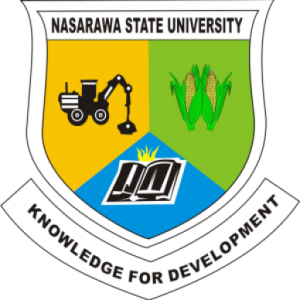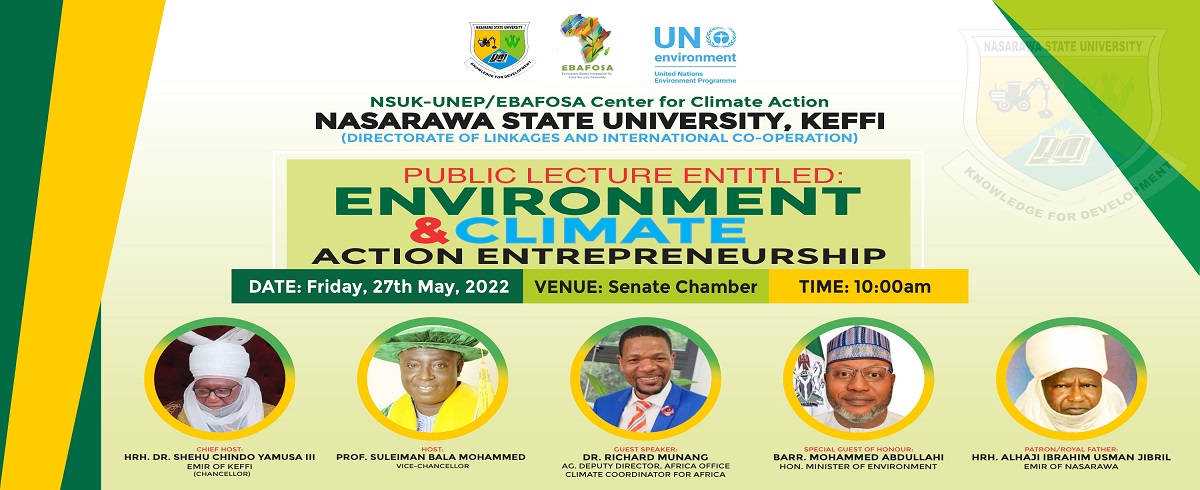
Welcome address by the Dean of the Faculty.
Coming Soon.
Brief Profile
Our Objectives
Vision
Mission
Brief Profile
Lorem ipsum dolor sit amet, consectetur adipiscing elit. Ut elit tellus, luctus nec ullamcorper mattis, pulvinar dapibus leo.
Our Objectives
Lorem ipsum dolor sit amet, consectetur adipiscing elit. Ut elit tellus, luctus nec ullamcorper mattis, pulvinar dapibus leo.
Vision
Lorem ipsum dolor sit amet, consectetur adipiscing elit. Ut elit tellus, luctus nec ullamcorper mattis, pulvinar dapibus leo.
Mission
Lorem ipsum dolor sit amet, consectetur adipiscing elit. Ut elit tellus, luctus nec ullamcorper mattis, pulvinar dapibus leo.
Staff Profile
| Name | Portfolio | |
|---|---|---|
| ------------------------------------- | Dean | |
| Deputy Dean | ||
| Faculty Exam Officer | faclawexam@nsuk.edu.ng | |
Upcoming Workshop/Conferences


